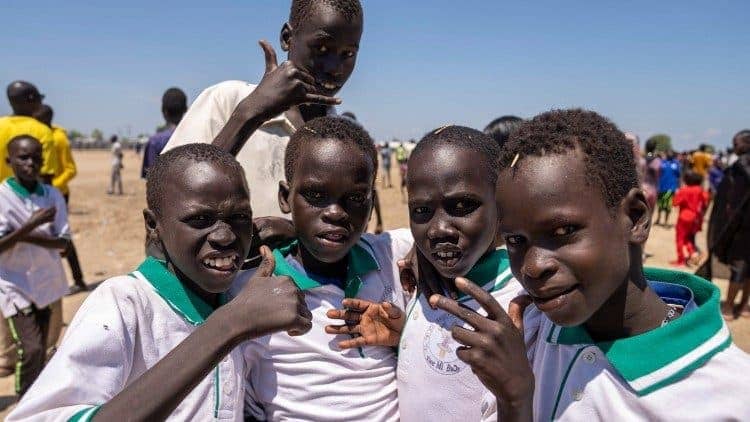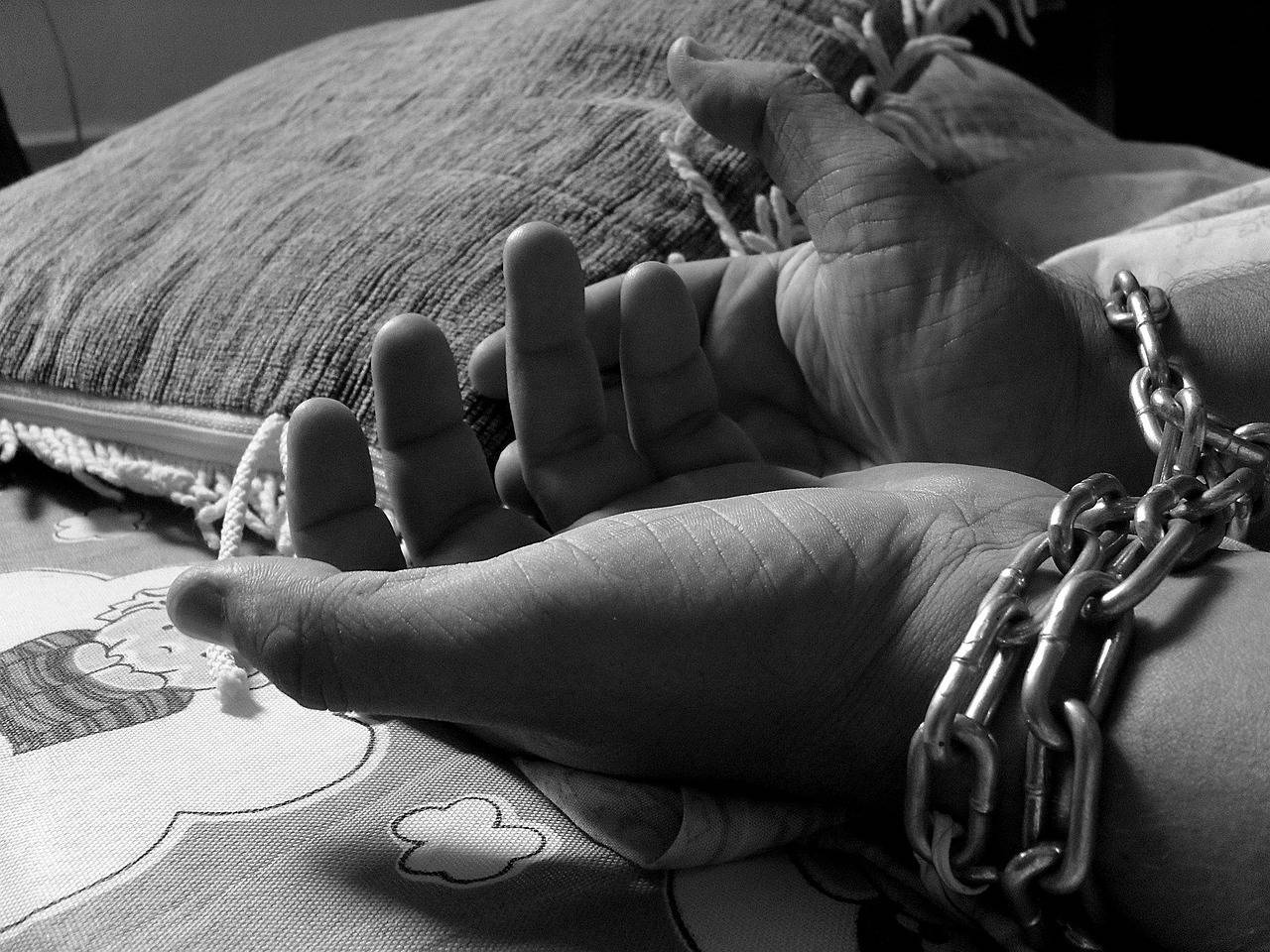Yaoundé, Cameroon — Flooding has killed at least 260 people across East Africa, with Kenya the hardest hit country, and Catholic aid experts fear the impact of the disasters caused by heavy rains could both complicate the fight against the coronavirus and also reignite water-borne diseases such as malaria.
The pandemic so far has killed 29 people in the African nation, which has over 600 confirmed cases.
“The long rainy season (typically March-May) came on very heavy, and rivers were already swollen higher than usual due to some off-season rains in January-February and heavy November rains and flooding,” says Lane Bunkers, Kenya Country Representative for the Catholic Charity, Catholic Relief Services, CRS.
“The rains have destroyed key infrastructure restricting access to schools and health facilities and follow a period of prolonged drought. The rains are severely disrupting the current planting season and destroying crop fields. The number of people affected is expected to increase as heavy rains continue through May in the region,” Bunkers told Crux.
Authorities are saying 194 Kenyans have been killed so far by the flooding. In Rwanda, 65 people have been confirmed dead, while the current count in Somalia is estimated at 16. In Uganda, at least 200 patients have been trapped inside a hospital by high water levels.
Vital infrastructure has also been destroyed and swathes of agricultural land washed away. Meteorologists in Kenya have told the BBC that “the heavier than usual rains will continue throughout May, implying there could be more deaths in the future.
Bunkers worries about the impact on efforts to curb the pandemic, at a time when the government is already struggling to deliver personal protective devices and adequate testing.
“Many of those displaced are staying in temporary collective centers such as schools, with extended family or in sub-standard makeshift shelters on higher ground. In the context of the COVID-19 pandemic, inadequate and overcrowded shelters bring a heightened-risk of transmission with the elderly and puts those with underlying health problems at greatest risk,” he told Crux.
He said although CRS doesn’t yet have the resources to intervene, any such response “will put into practice guidance on infection prevention and control measures in ensuring a ‘do no harm’ approach in light of COVID-19. “
Bunkers said the amount of destruction means that people will need food assistance to meet immediate needs, sanitation facilities and safe water.
“Many families’ lost their food stocks during the floods, and rains have severely disrupted the current planting season and destroyed crop fields. Sharp increases in food and fuel prices due to shortages are already hindering access to food for those already suffering malnutrition and food insecurity,” he told Crux.
“Emergency latrines and handwashing facilities are particularly needed in high-density collective shelters. Support is needed for those who lost their homes in the floods and those whose houses are no longer habitable. These households are in need of bedding and emergency shelter supplies including tarpaulins, rope and other materials to help stabilize damaged homes so that people can try to avoid the total loss of their homes.
“Handpumps in flooded areas are either inaccessible, damaged, or have been contaminated with flood waters and sewage. That fact that so many people are displaced has dramatically increased the volume of people utilizing the remaining accessible handpumps,” he said.
“Some families have resorted to using unsafe surface water, posing high risks to their health. So there is also a need for the promotion of safe water collection and storage, and water treatment practices together with the distribution of core relief items such as containers, water treatment tablets and soap.”
Bunkers also made the case for the supply of long-lasting insecticide-treated mosquito nets for beds to prevent malaria.
“When floodwaters recede, stagnant water will bring an increased risk of malaria and other vector borne diseases,” he said. “There is a need to ensure that those households with young children and pregnant women receive mosquito nets to help prevent the increased chance of malaria.”
“These are not currently available at the health centers,” Bunkers said, “but may be mobilized through the national malaria control program.”
Noting the CRS hadn’t yet got funding for the floods, Bunkers said the charity is collecting information “on immediate needs from our partners, focusing on the counties where we already have a presence – Kisumu, Busia, Siaya, Bungoma. Some of the people displaced are from vulnerable households that we support through the MWENDO program, which focuses on providing support to children and families impacted by HIV.”
In May, Catholic leaders in Kenya appealed for humanitarian assistance to deal with the consequences of similar floods and mudslides that killed at least 12 people and forced thousands from their homes.
“I think all the attention is on COVID-19, but these people need emergency aid. If we don’t act quickly, waterborne disease will soon strike, adding to the burden when the health systems are on the alert over COVID-19,” Father Joachim Omollo, an Apostle of Jesus priest in Kisumu Archdiocese, told Catholic News Service.
At the end of 2019, disasters triggered by flash floods and landslides killed at least 250 people and affected an estimated 3 million across East Africa.


















